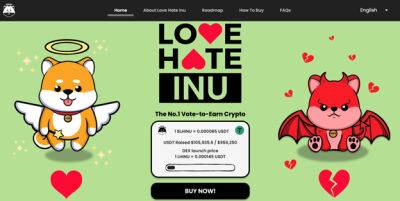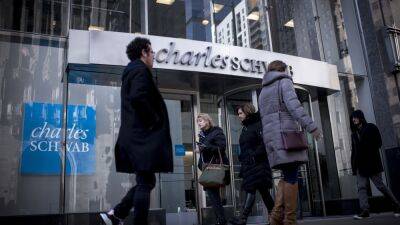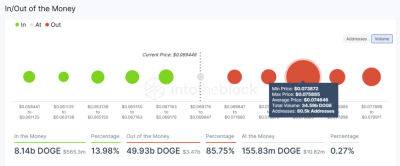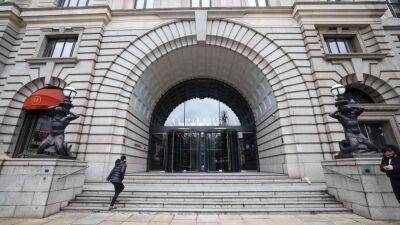Reversing Censorship on Ethereum
Since October 11, the proportion of Ethereum blocks that are compliant with orders made by the United States Office of Foreign Asset Control (OFAC) has decreased to its current level of 47%, which is the lowest level since that date.
The most recent achievement in the fight against censorship comes about two and a half months and one day after the proportion of OFAC-compliant blocks reached its all-time high of 79% on November 21.
OFAC-compliant blocks are ones that do not include any transactions that involve parties who have been blacklisted by the Office of Foreign Assets Control within the United States Treasury Department.
Those individuals who are opposed to censorship inside the Ethereum ecosystem may see a decrease in the number of compliant blocks as a victory.
According to a statement released by the blockchain consulting company Labrys, the originator of MEV Watch, the decline may be linked to more validators choosing to utilize MEV-boost relays that do not filter transactions in compliance with OFAC standards.
The majority of the shift in market share has been taken up by the BloXroute Max Profit relay, the Ultrasound Money relay, and the Agnostic Boost relay in particular.
MEV-boost relays play the role of trustworthy middlemen between block producers and block builders, which paves the way for Ethereum validators to delegate the construction of their blocks to third-party block builders.
The Chief Executive Officer of Labrys, Lachlan Feeney, issued a statement on February 14 in which he expressed his satisfaction with the manner in which the Ethereum community has reacted to the censorship problem ever since it first appeared during the Merge event.
He pointed out that the recent decline of
Read more on blockchain.news













![Justin Sun - Assessing the state of TRON [TRX] amidst ongoing Stablecoin turmoil - ambcrypto.com - city Santiment](https://finance-news.co/storage/thumbs_400/img/2023/3/13/59648_y1x71.jpg)


